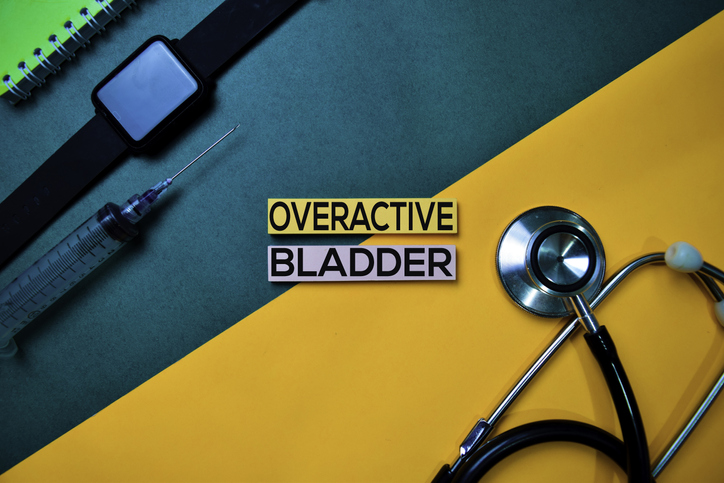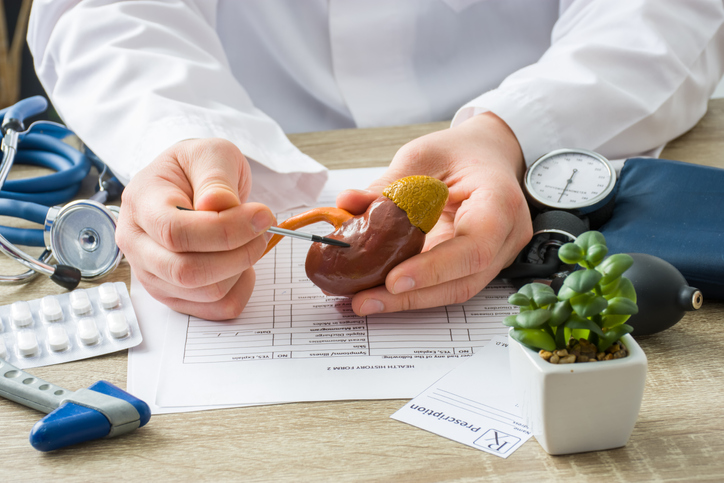What Is Causing Your Overactive Bladder?
What happens when that urge to go to the bathroom takes over your life? This is a medical condition called overactive bladder. It’s a problem that causes a sudden urge to urinate that is almost impossible to control. It can leave you feeling isolated and antisocial, but treatment plans are available that will calm your bladder and improve the quality of your life.
What Causes Overactive Bladder?
That sudden urge to urinate comes from involuntary bladder contractions. Normally, the bladder sends a signal to the brain when it is full, but when you have an overactive bladder, that system malfunctions, and signals go out even when the level of urine is low.
Is Overactive Bladder a Disease?
Overactive bladder is a symptom — one that accompanies a number of different problems. The first step in your treatment plan will be to look for the underlying cause. It can be a sign of:
- Kidney problems
- Diabetes
- A neurological disorder such as Parkinson’s disease or multiple sclerosis
- Bladder tumors
Your overactive bladder may just mean you drink too much coffee or other caffeinated beverages or be a side effect of constipation.
What Are the Symptoms?
Along with the sudden urge to urinate, you may experience:
- An involuntary loss of urine
- Frequent trips to the bathroom
- Restless nights with two or more trips to the bathroom
What Is the Treatment of Overactive Bladder?
To start, we recommend behavior interventions to strengthen your bladder and improve function, including:
- Pelvic floor muscle exercises – Improving the muscle strength in this area can calm involuntary bladder contractions.
- Weight management – Obesity puts extra pressure on the bladder.
- Monitor fluid consumption – Controlling both your intake and when you drink fluids can reduce nighttime urges.
Your treatment plan may include a type of therapy called bladder training. It involves teaching yourself to avoid running to the bathroom as soon as the urge hits. Delaying that trip for up to 30 minutes forces you to tighten your pelvic muscles and increase their strength.
Medication can help relax the bladder and relieve some of your symptoms, as well. In severe cases, surgery might be the best option, but only if you fail to respond to other treatments. For most people, it takes a combination of strategies that, when performed together, help us guide you back to bladder health.
If you think that you may be suffering from an overactive bladder, please reach out to Georgia Urology today to schedule an appointment and learn more about your treatment options.



